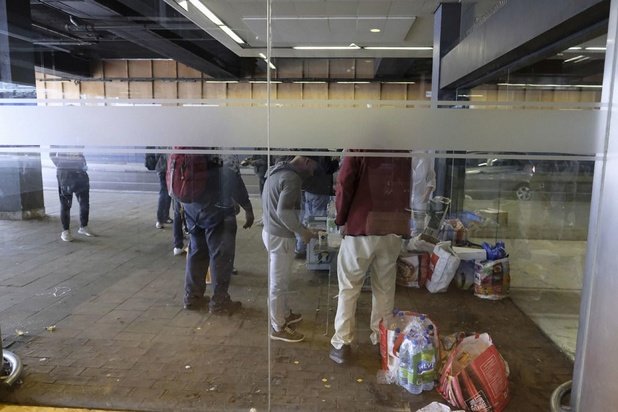The Belgian government is having increasing difficulties with sending back asylum seekers, both voluntarily and by force.
The number of asylum applications is growing again, but fewer people are officially recognised as refugees, meaning that the group of asylum seekers who are not allowed to stay in Belgium has grown again in recent years, reports De Standaard.
Despite the increasing influx, the federal government's return figures have been dropping in the past few years. In 2017, the Belgian state sent a total of 11,011 people back, which was the highest number in years, reports Knack. The number declined over 2018, and reached 8,620 people who were returned in 2019, which was the lowest number since 2010.
Related News
- Asylum seekers increasingly choose to stay in Belgium
- About 80% of asylum seekers do not leave Belgium after they have been ordered to
- Belgium to send back 'asylum shoppers'
Fedasil, the Belgian institution responsible for the reception of asylum seekers, indicated that convincing people to return voluntarily is becoming "increasingly difficult", reports Bruzz. Additionally, the Immigration Department is also experiencing more and more resistance to the (forced) repatriations from Belgium's closed centres.
The longer duration of the stay in the reception centres plays a detrimental part in returning people, according to Fedasil. It is also very difficult to organise returns to the Palestinian areas, and the safety in the capital of Iraq has also deteriorated. Belgium receives many applications from people from both countries, but they are usually refused.
Maïthé Chini
The Brussels Times
Correction: A previous version of this story said that Belgium struggles to deport refugees. This has been corrected to undocumented migrants.

